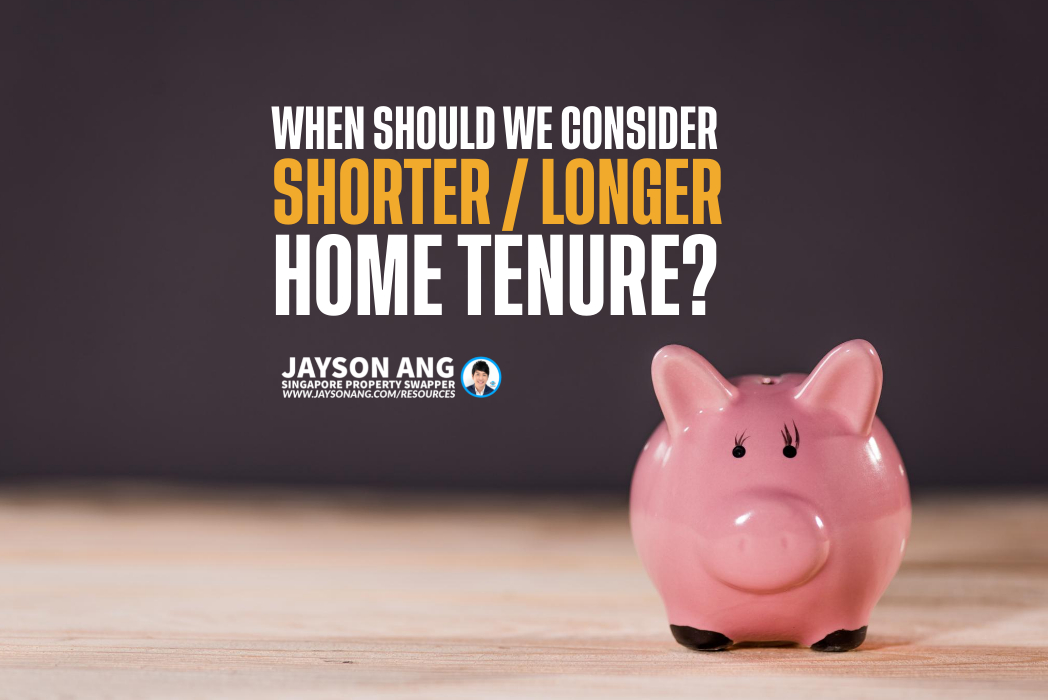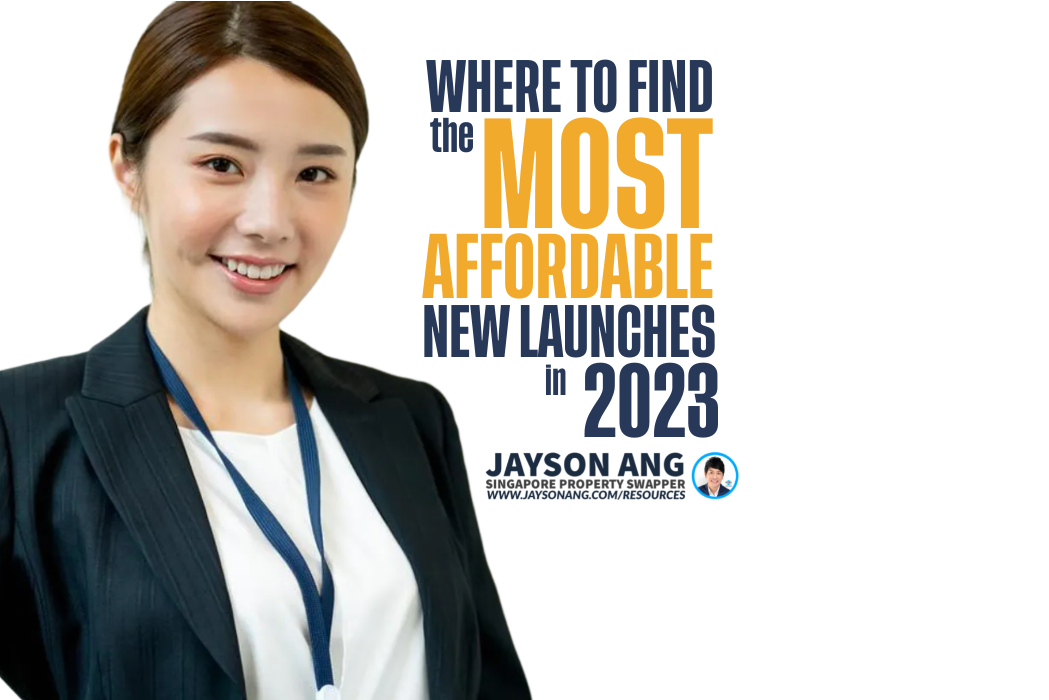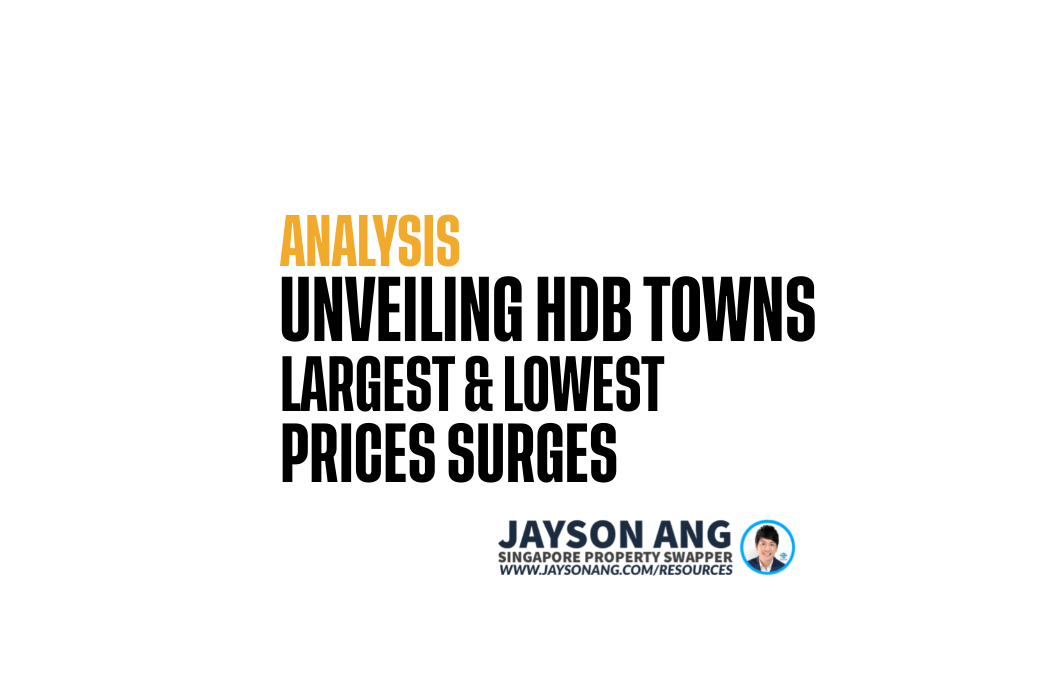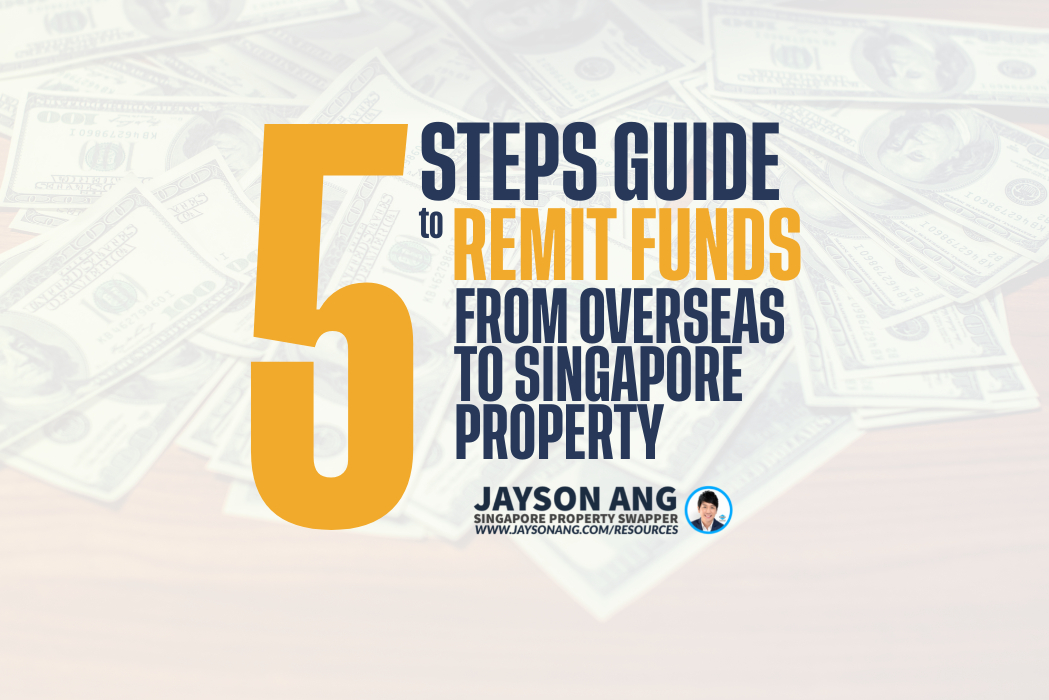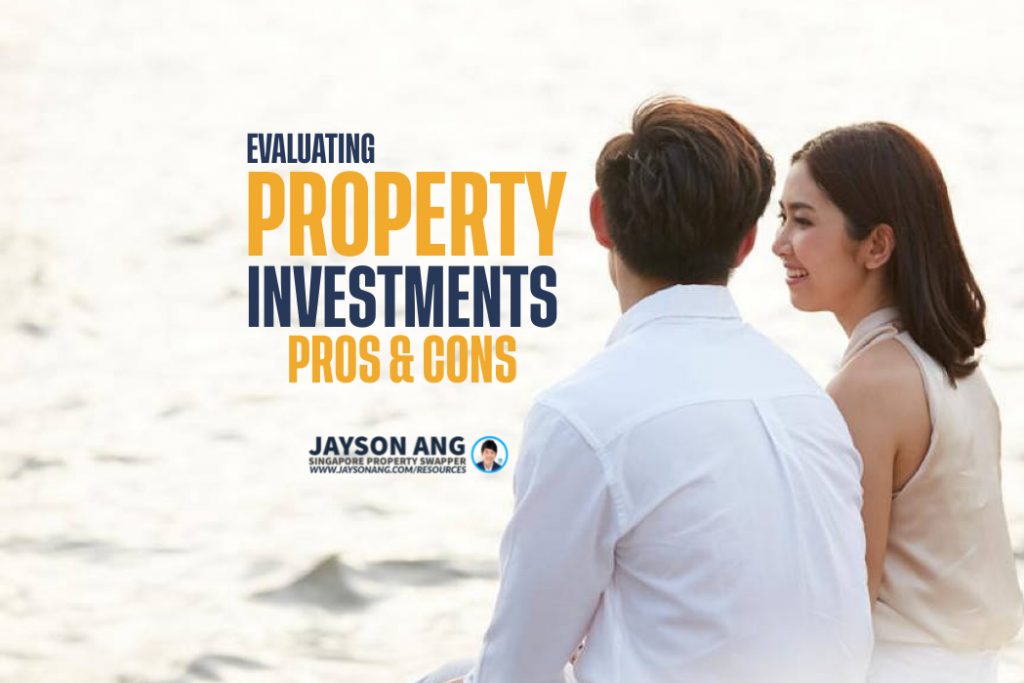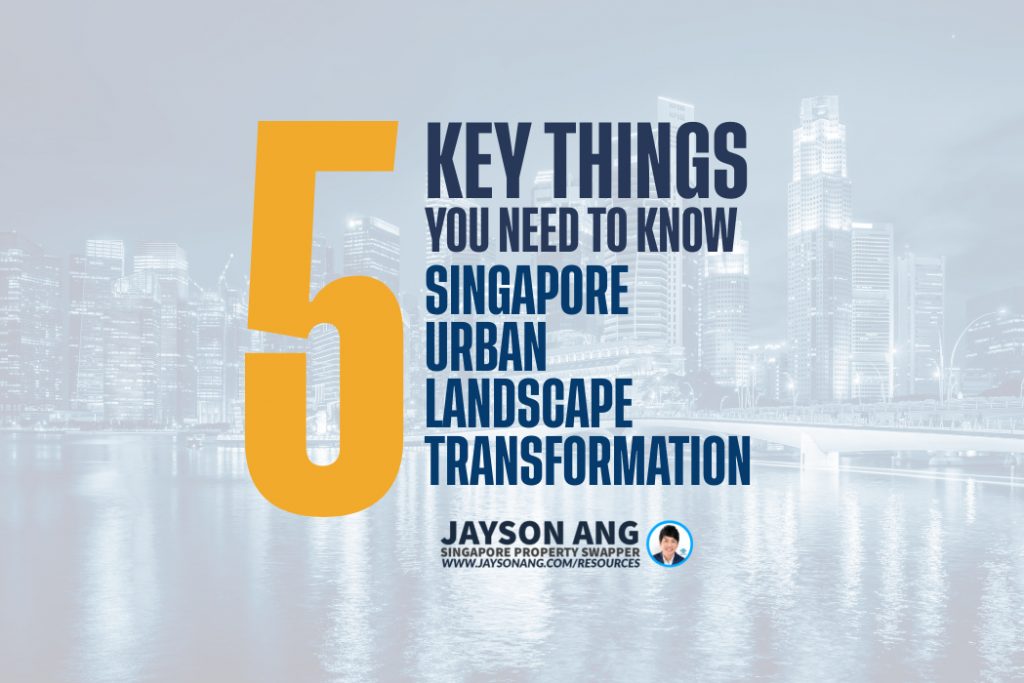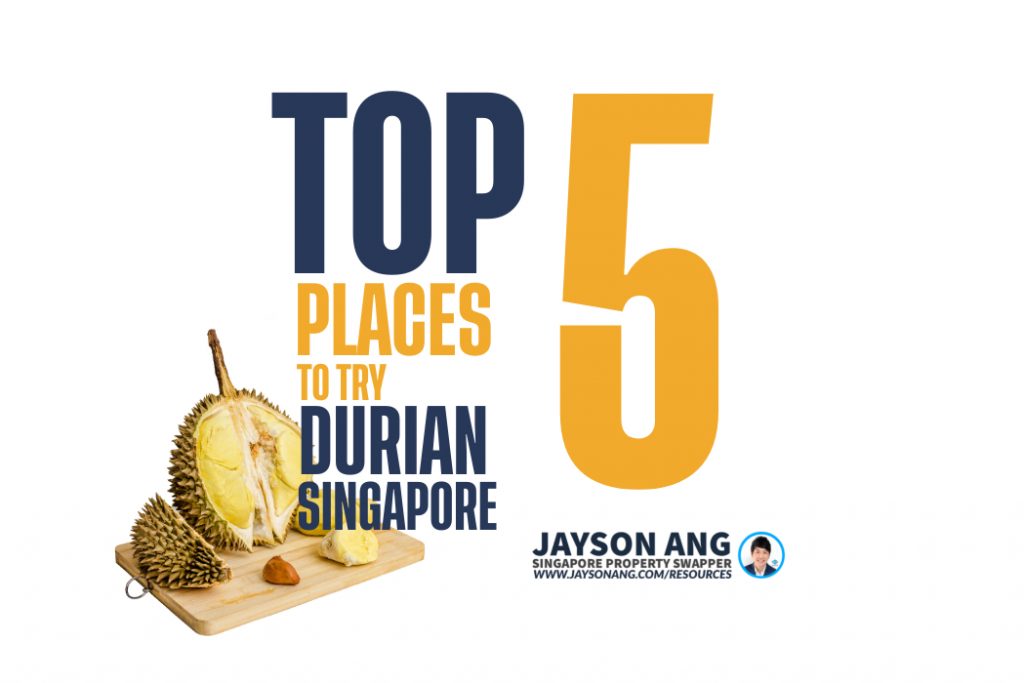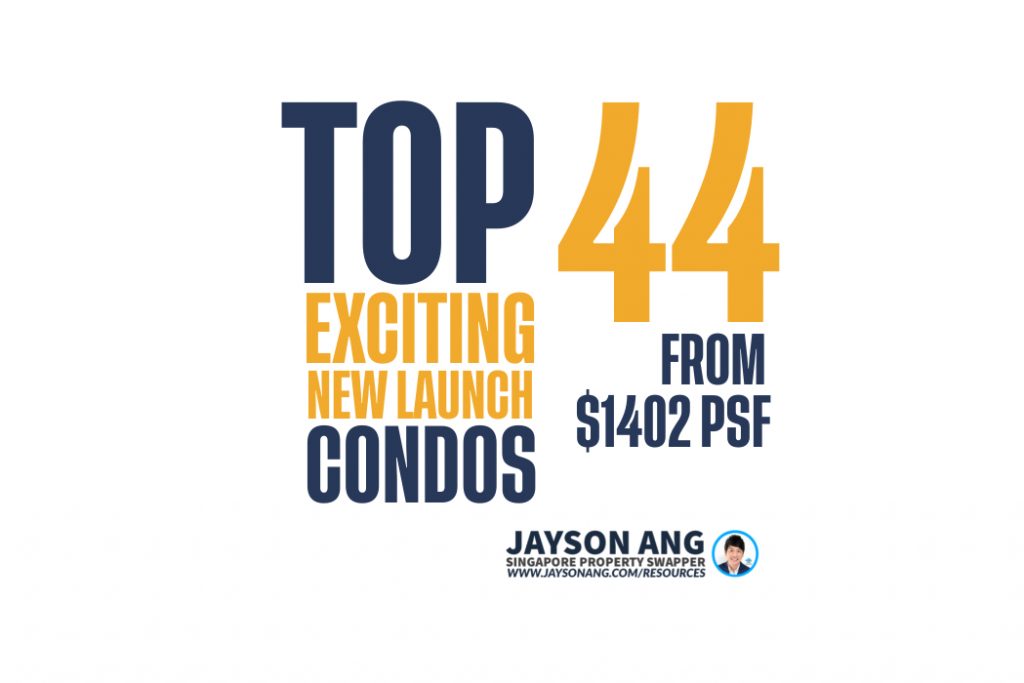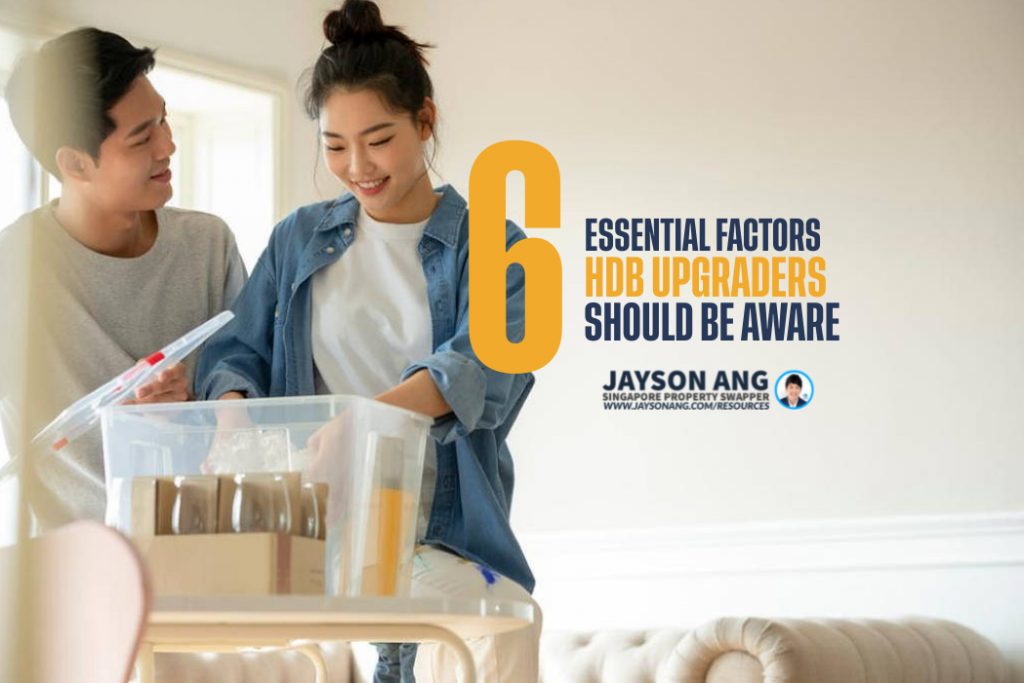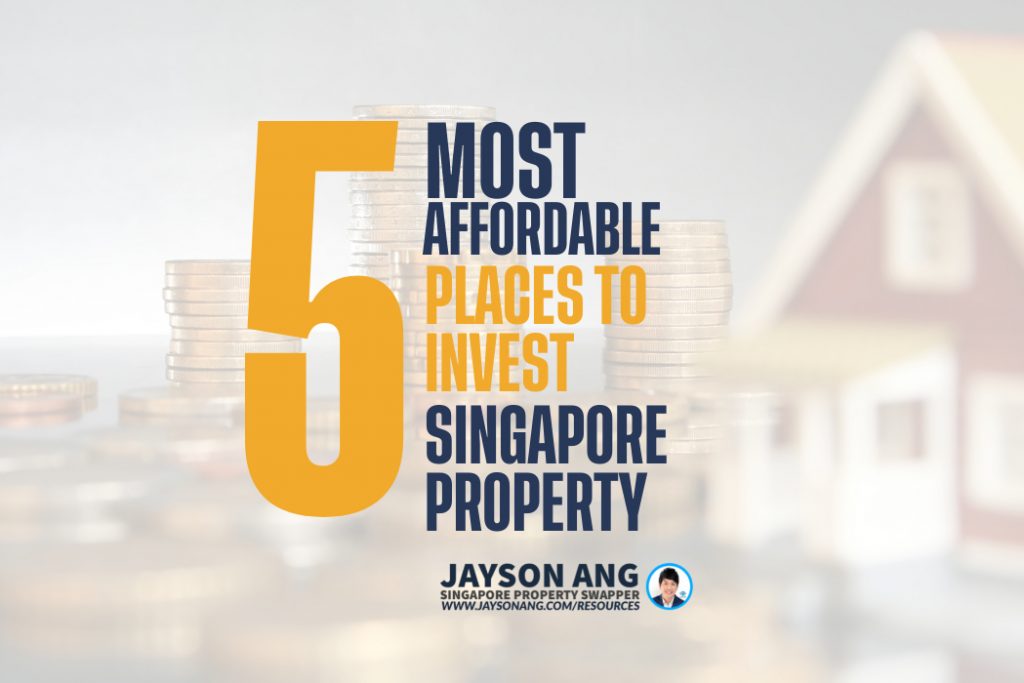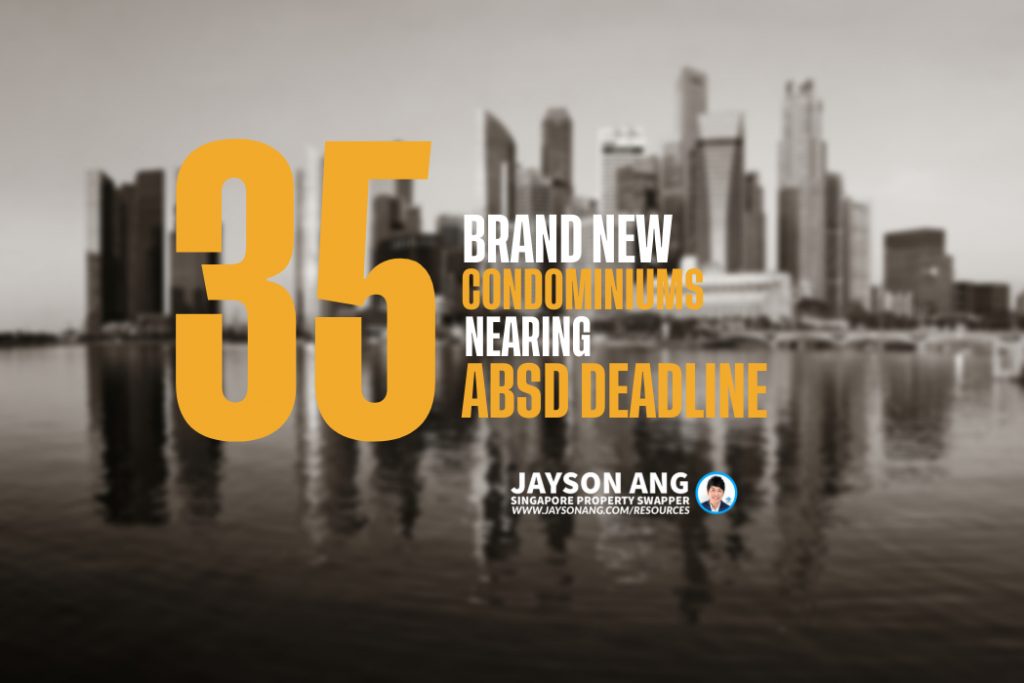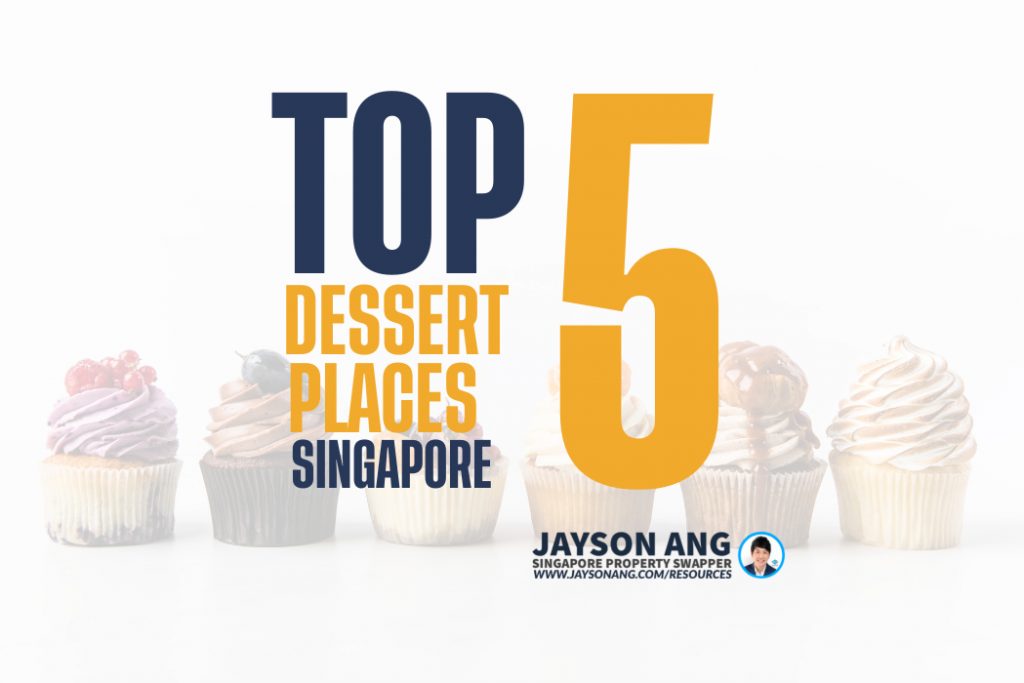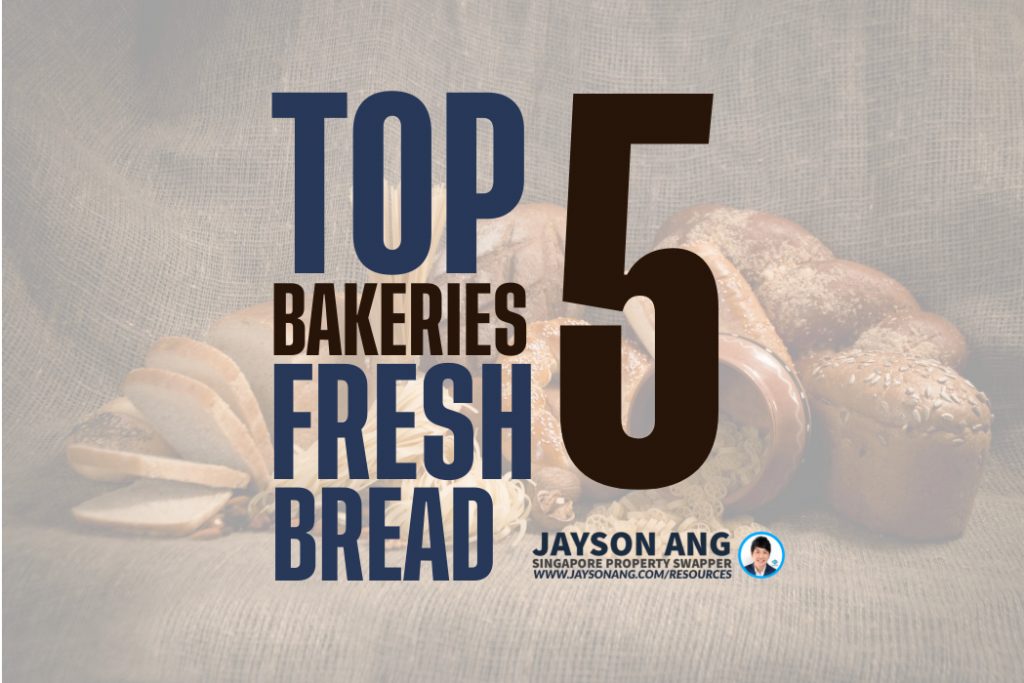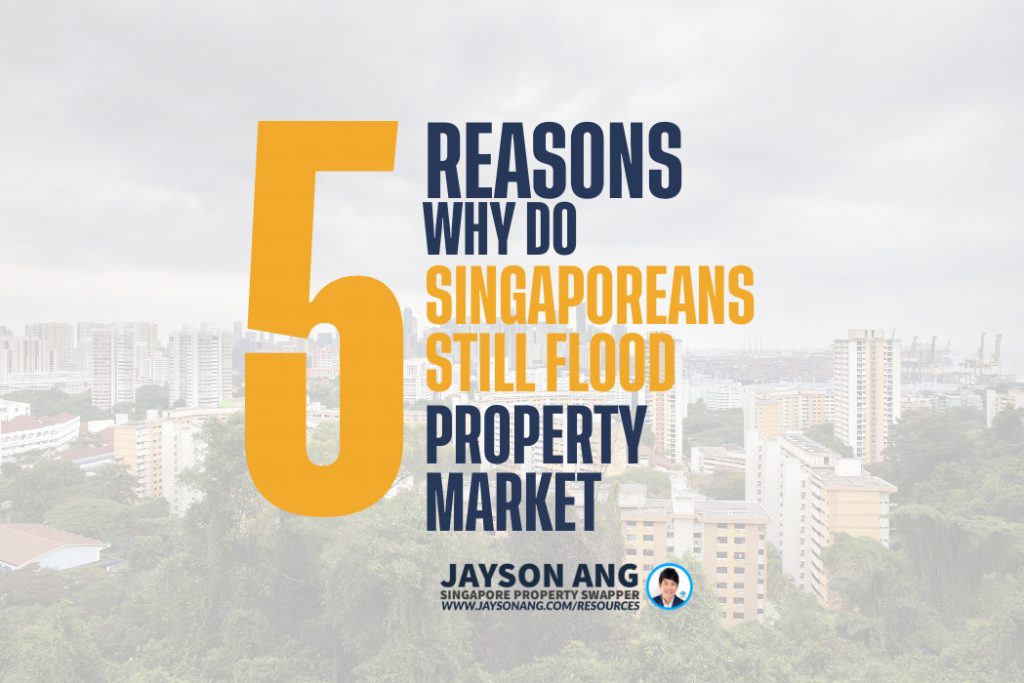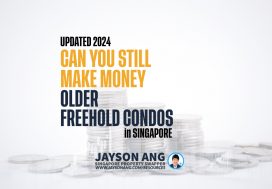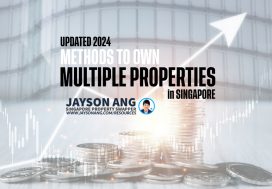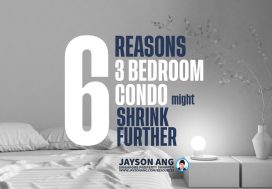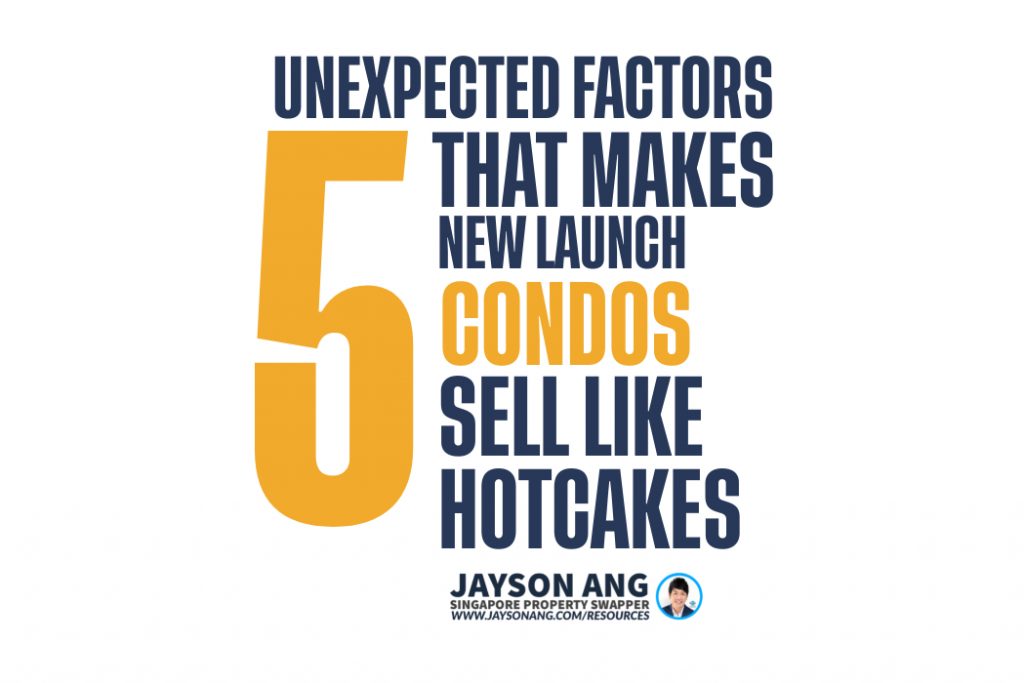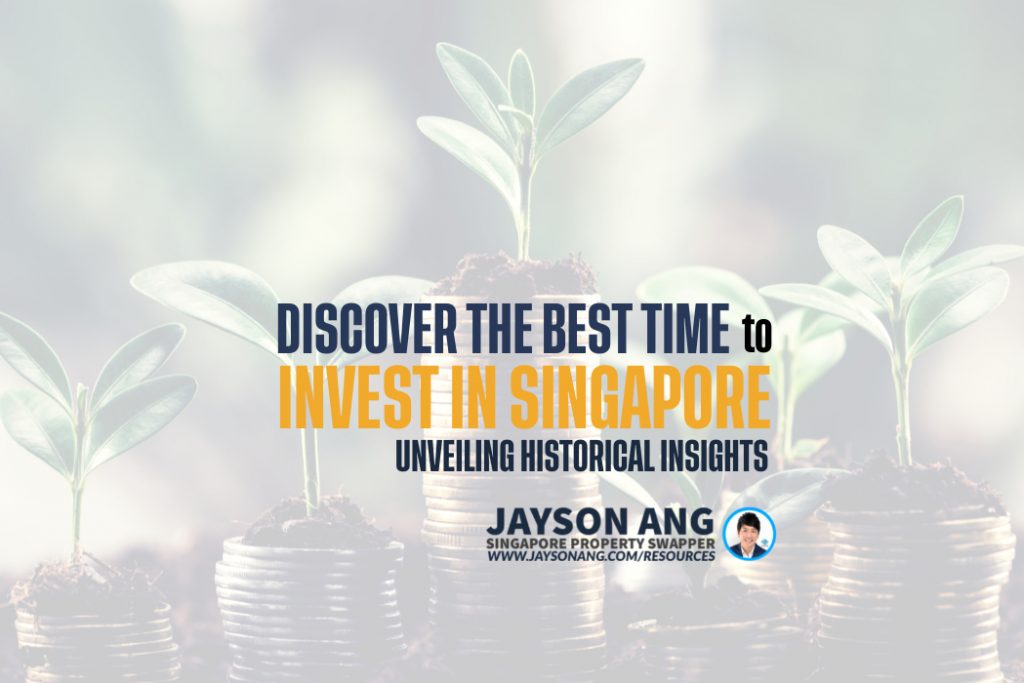TLDR
When considering buying a second property in Singapore, ensure eligibility by meeting the Minimum Occupancy Period (MOP) and understanding loan eligibility based on Total Debt Servicing Ratio (TDSR) and Loan-to-Value (LTV) Ratio. Be prepared for the Additional Buyer’s Stamp Duty (ABSD) and Property Tax implications. Consider using CPF and clarify your intent – whether the property will be an investment or a second home. Have a clear exit plan if it’s an investment. Lastly, analyze market conditions to decide whether to buy, sell, or wait for the right opportunity.
Most Singaporeans own at least one property, giving Singapore one of the highest rates of homeownership in the world.
It is also not uncommon for homeowners to buy more than one property as a form of investment, generating rental income from it.
But before buying your second home, consider these three factors first: eligibility, affordability and intent.
1. Eligibility
Remember the Minimum Occupancy Period (MOP)
Those who already own a HDB flat cannot buy a second property until they meet the five-year MOP. The MOP applies to both new and resale flats in Singapore.
Keep in mind that Executive Condominiums (EC) are only privatised after the 10th year. Until then, ECs are still HDB properties and hence bound by such rules as the MOP.
2. Affordability
How Much Can You Borrow For Your Second Property?
Banks assess your loan eligibility based mainly on these two criteria, which are:
1. Total Debt Servicing Ratio (TDSR)
The TDSR states that you should not have more than 55% of your gross monthly salary devoted to servicing your loans in a month. This can include all types of debt, including car, home, personal, and even student loans.
In the case of loans taken to purchase HDB flats, the monthly repayment instalment cannot exceed 30% of a borrower’s gross monthly income.
2. Loan-to-Value (LTV) Ratio
In Singapore, HDB loans have a maximum LTV of 85%, whereas for bank loans it is 75%. However, HDB and banks are not required to offer you the maximum LTV. They can choose to lower it if they think it would be more appropriate. Age and the existing number of properties also play a part in the LTV ratio.
The Minimum Cash Down Payment
For your second property, you will need to pay up to 25% of your property’s down payment in cash. This will be measured against the property’s valuation limit, which is determined by the property value or purchase price, whichever is lower and any excess above the valuation.
The Additional Buyer’s Stamp Duty (ABSD)
In addition, Singaporeans will have to pay a 20% ABSD on either the property value or purchase price of a second residential property, whichever is higher. Permanent Residents (PR) will pay 30% ABSD for a second residential property and foreigners will cap off at 60% after April 2023.
Below are the various ABSD rates for buyers of different profiles and depending on the number of properties they own:
New laws from 9 May 2022 with regard to residential properties transferred into a living trust:
Additional Buyer’s Stamp Duty (ABSD) of 65% will now apply on any transfer of residential property into a living trust. ABSD will be payable even if there is no identifiable beneficial owner at the time the residential property is transferred into a trust. So this new change closes a loophole.
This ABSD (Trust) is to be paid upfront when the transfer is made.
Property Tax
During the Singapore Budget on February 18, 2022, the government announced that the Property taxes rates for both owner-occupied and non-owner-occupied residential properties will be revised in 2 steps starting from 2023.
Rates for owner-occupied homes with an annual value in excess of $30,000 will be raised – ranging from 5 to 23 percent in 2023, to 6 to 32 percent in 2024.
For non-owner-occupied homes, which includes investment properties – taxes will be hiked across the board: from the current 10-20 percent, to 11-27 percent in 2023 and 12-36 percent in 2024.
Using CPF for your second property
CPF can be used to buy a second property. However, if you have already used your CPF for your first property, you may only use your CPF Ordinary Account savings for your second property after setting aside the Basic Retirement Sum (BRS).
However, there is a limit on the amount of CPF savings you can use to buy private residential properties at 120% of the valuation limit. Once you have reached the Withdrawal Limit, you will not be allowed to use further CPF savings, and you will need to pay the remaining home loan in cash.
3. Intent
Decide whether the new property will be an investment or a second home
Do you plan on using the second property for an investment or as a primary residence for your family members? This is because the type of usage will impact your property tax rate.
Currently, the property tax for owner-occupied residential properties ranges from 0% to 16% on a tiered basis, while properties that are rented out have a tax of between 10% to 20% of annual value.
The annual value is determined by IRAS and is based on how much rental income the property could generate per year.
If the second property is an investment, ensure there is a clear exit plan for the asset
It would be wise to develop a strategy for the second property, considering factors such as: how long you intend to hold it, when and how you plan to cut losses if it becomes a liability due to low rental income, and what kind of capital gains to expect.
Buying a second property in Singapore just to “make more money” is not a sound plan. You should work out the potential rental yield and capital appreciation, and determine the probable Return On Investment.
Should You Buy, Sell or Wait?
If you’re reading this, you must be trying to figure out the best course of action right now: is it the right time to buy or sell?
It’s difficult to give an exact answer since everyone’s situation is unique and what works for one person may not necessarily work for you.
I can bring you a wealth of on-the-ground experience and a data-driven approach to provide clarity and direction. From beginners to experienced investors, our top-down, objective approach will help you on your real estate journey.
I can help you by:
- Offering Strategic Real Estate Advice – I can help create a comprehensive plan to guide you through your property journey.
- Connecting Your Home with the Perfect Buyers – Through stunning visuals, an effective communication strategy, and an in-depth knowledge of the market, we’ll ensure your home is presented in the best possible way to fulfill your goals.
You May Also Like …


